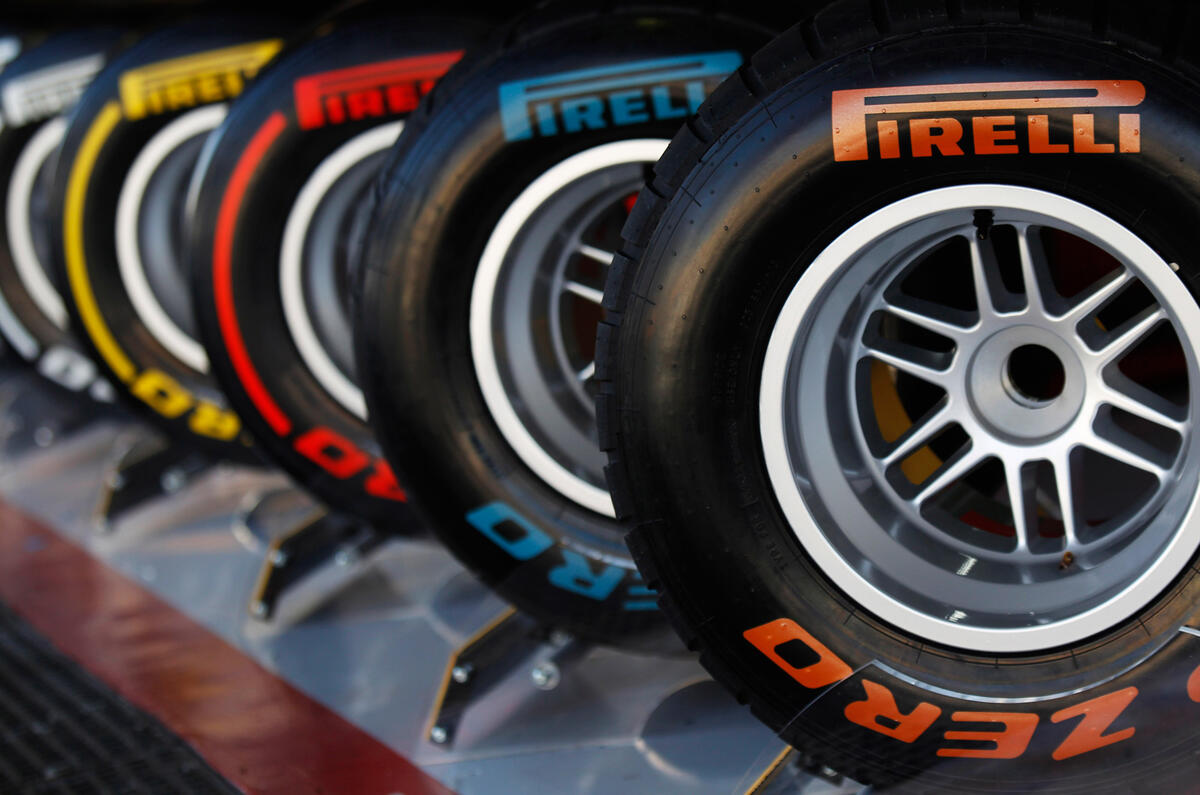The focus of Formula 1 today will be on Paris, where the recent kerfuffle over tyre testing should be sorted out. The International Tribunal will hear the case. This is a new body, designed to make decisions about FIA activities without being influenced by the federation itself. It is chaired by Edwin Glasgow, CBE, QC.
He is a man with extensive experience in commercial and general litigation, as counsel, arbitrator and mediator. With more than 40 years in the law, he holds a number of eminent positions, including being involved with the International Chamber of Commerce, the London Court of International Arbitration, the Premier League Disciplinary Panel, the Rugby Football Union Disciplinary Panel and the Sports Dispute Resolution Panel.
Glasgow will preside over the hearing with assistance from Monaco’s Laurent Anselmi, America’s Chris Harris, Switzerland's Patrick Raedersdorf and Britain’s Tony Scott-Andrews.
The FIA will be first to present its arguments, followed by replies from Mercedes and Pirelli, which stand accused of breaking the rules of testing by holding a three-day test between the Spanish and Monaco grands prix. Both say the test was to look at 2014 tyres and that no competitive advantage was gained.
Pirelli says it has to be allowed to test new tyres to avoid producing rubber that is not what is required or desired. Mercedes and Pirelli argue that the test was agreed with the FIA in advance and this is why it went ahead. Several rival teams have sent observers to the tribunal and they might also have the opportunity to speak.
A decision is expected before the weekend.
The ruling will be interesting in that it could have an effect on the way testing is organised in the future. There is a danger that if there are heavy sanctions against Pirelli or Mercedes, they might decide to exit the sport, as both have significant opposition to their F1 involvement within their firms.
Formula 1 can probably find a new tyre supplier for 2014, but the loss of Mercedes would be cataclysmic, as it would deprive four of the 11 teams of their engine supply. But it is unlikely to come to that.
There are believed to be a number of possible political agendas that might explain why the case has gone ahead despite the two accused parties making it very clear that they believed the FIA had agreed to the test before it happened.



Join the debate
Add your comment
There you have it.........!
Mercedes aren't getting to do te three day testing as a punishment for there infringement, better there wrist is really stinging,as for Pirelli ?.....well that hasn't been decided as far as i know from the time of this post,but, i suspect it won't be worse than Mercedes.
Oh dear!!!!!
The nub of this debacal is the fact that,yes, Pirelli don't want to produce a tyre or tyres for the 2014 season that aren't up to scratch,so, how would they have to go about doing it?,using a current F1 car for NXT seasons tyre testing seems logical,i mean, why use a 2012 or a 2011?,they're out of date.Or, would Pirelli have to buy there own current F1 car?,would that help?.Of course all teams massage the rules,try to within the rules maybe eak out a few tenths,what's maybe the real idea is not to go back to the days of teams dominating races,more like rules are stifling innovation.As for this Tribunal,i can't see any shock decisions,Bernie wouldn't like it.
Peter Cavellini wrote: using
With respect to next year, I'd say the 2013 car was equally "out of date" as it bears no relation at all to a 1.6 litre turbo with increased KERS boost. Apparently torque figures will be considerably greater.
Perhaps they should chair the
Perhaps they should chair the meeting with Charles Saatchi, and he could throttle Bernie, the FIA, and Ross. Of coure everyone is always cheating in F1. They need to simplify all the rules, by a factor of half, and allow some freedom and flexibility. When you have to pay to drive in half the teams, it pretty much sums up the farce of F1. Remember Mclaren with their $50 million fine. I'm still not sure how they managed to pay it of, without blinking an eyelid. No doubt Pirelli, will be checking their sales figures to see if F1 brings any benefit. I did open a Santander account....and I smoke Marlboro.